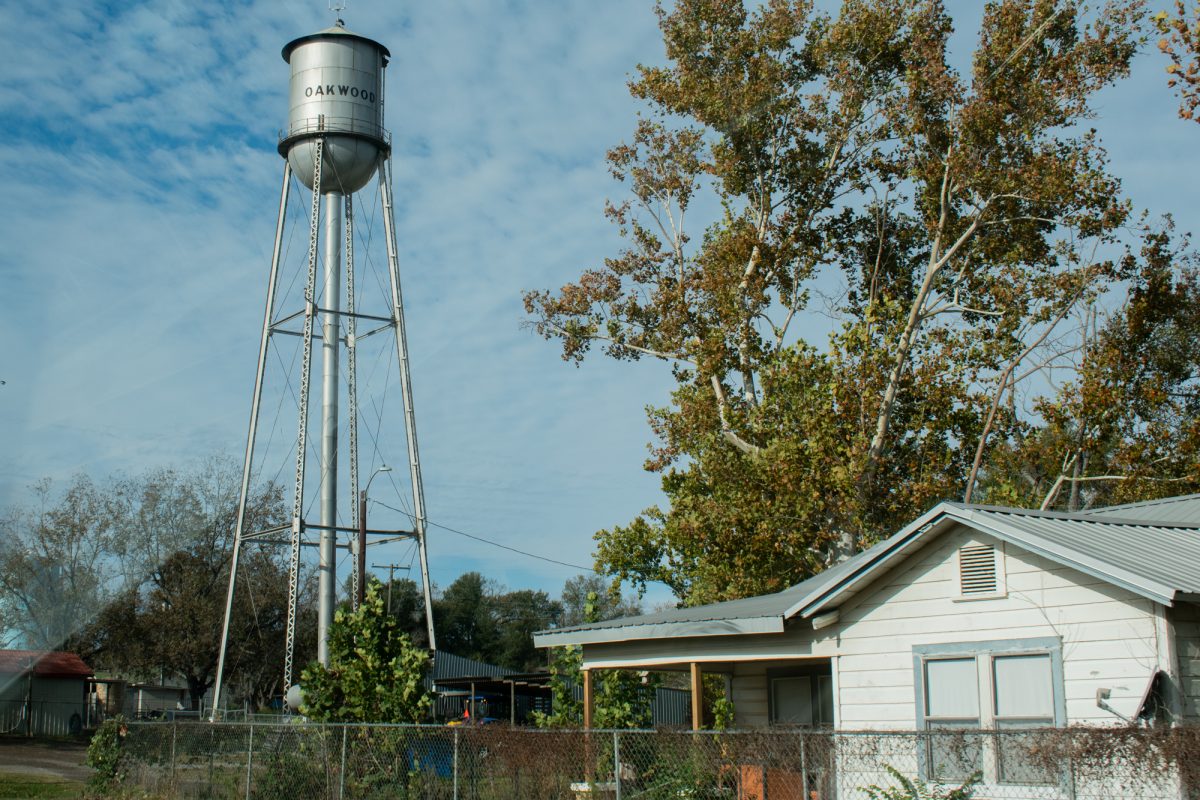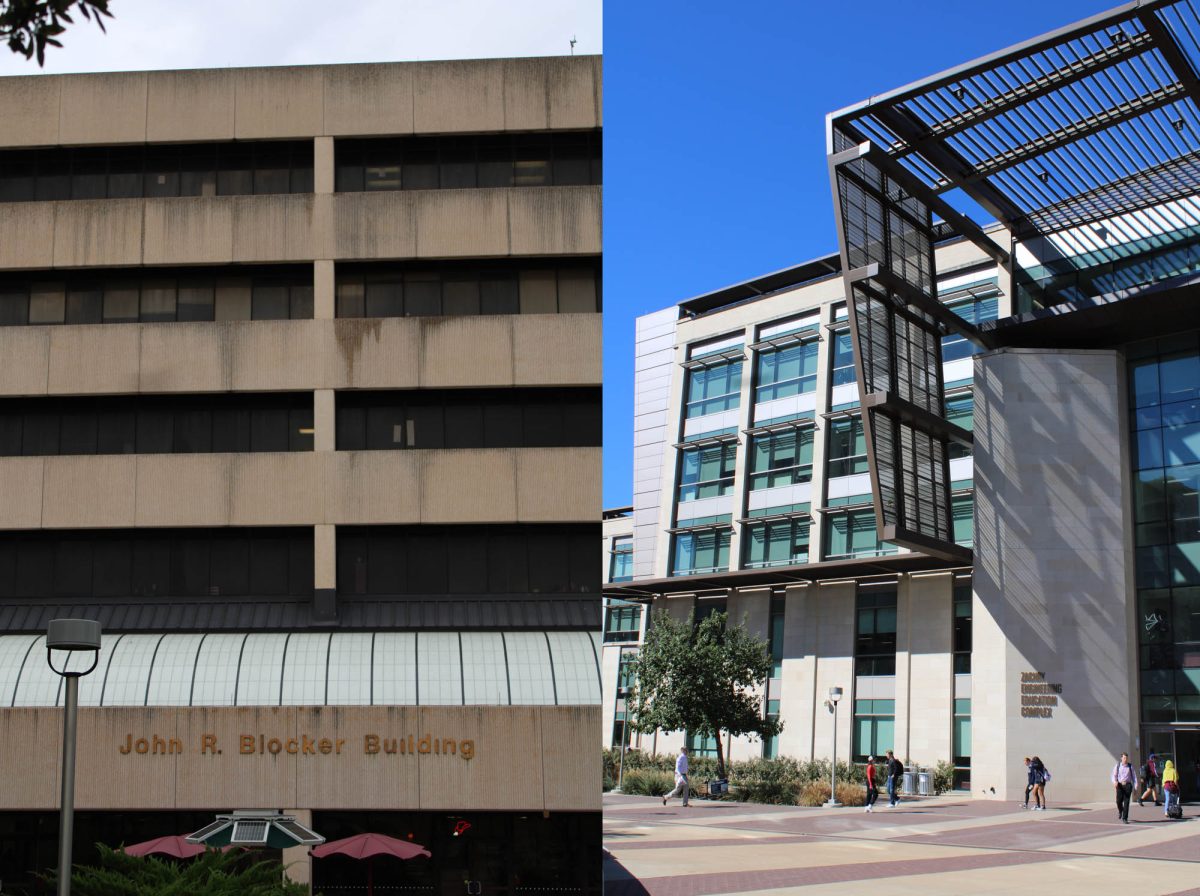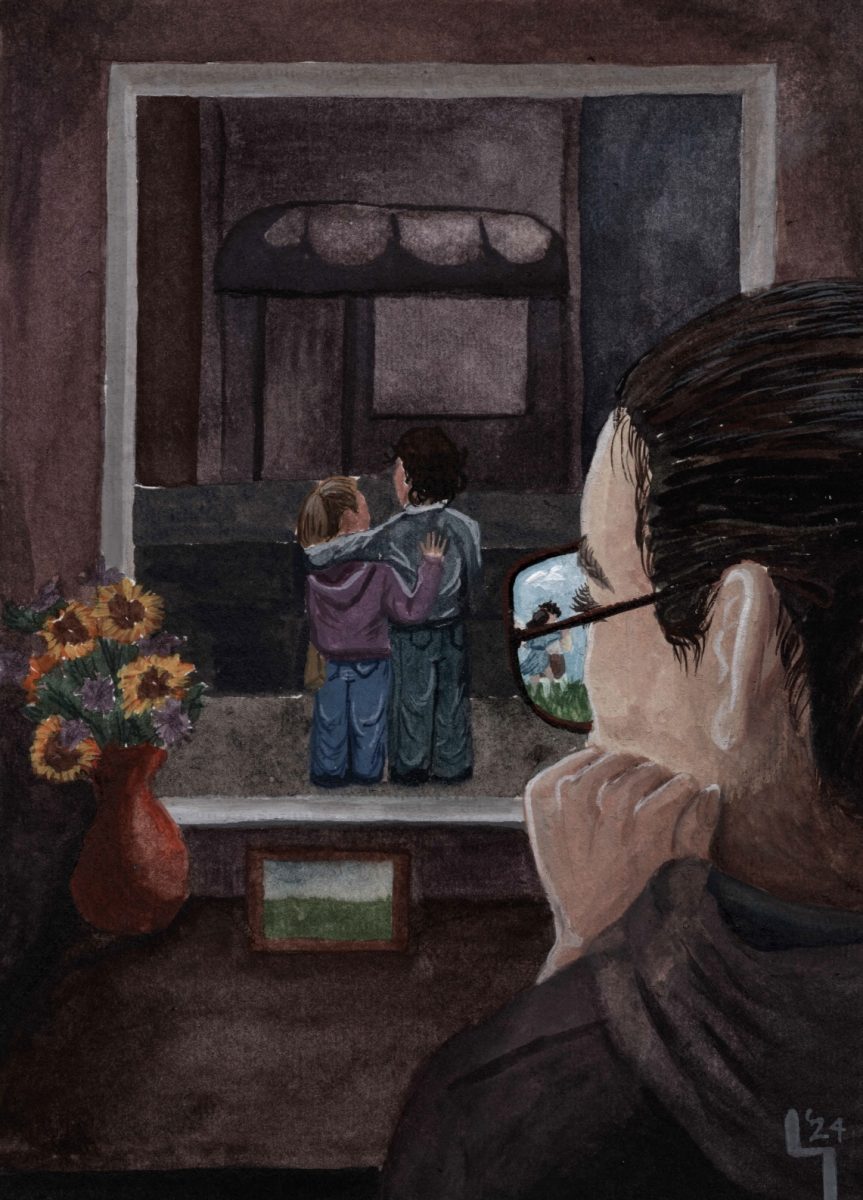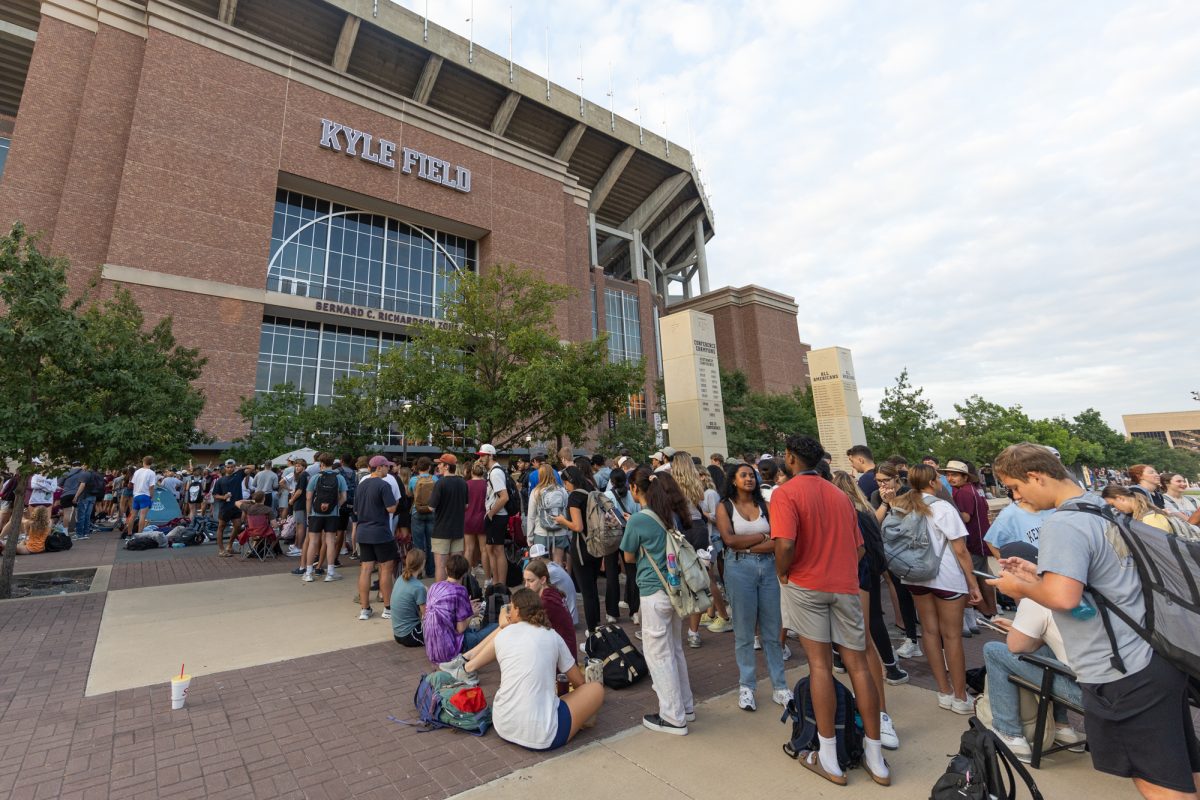When I step into class here at Texas A&M, I assume the professor is teaching the students unbiased information. At a nationally-renowned, Tier 1 university, I assume the educators are more interested in furthering science than gaining profit. Well, now I am not so sure.
On Sept. 30, the “Annals of Internal Medicine” published a set of dietary guidelines stating adults should continue their current consumption of red and processed meat. The article immediately sparked outcry from critics claiming it was misleading and went against years of research proving that red meat is linked with cancer and heart disease. As stated in “The Washington Post,” the incident grew into a tangled web of controversy when it was revealed that the lead author, Dr. Bradley Johnston, had not disclosed all of the funding he received from A&M’s AgriLife. What’s more troubling is that Dr. Johnston will officially become an associate professor and a director within AgriLife Research in January.
The problem here is not the money Dr. Johnston received, but rather that he failed to disclose the institution that funded him had ties to the beef industry. This suggests he may have an incentive to favor the industry, which also calls into question his credibility as a professor. Before Dr. Johnston signed the disclosure forms stating he had no conflicts of interest, he was granted over $70,000 for his research about saturated fat from AgriLife, as well as offered a tenured position at the university. Dr. Patrick Stover, the Vice Chancellor and Dean for Agriculture and Life Sciences and the Director of AgriLife Research, was a co-author of the “Annals” piece. This could be a conflict of interest since AgriLife received part of its $4.5 million for beef research from the Beef Checkoff Program, which on the first page of its website identifies itself as “a national marketing and research program designed to increase the demand for beef at home and abroad.”
According to Dr. Stover, the beef industry funding was not listed in the disclosure forms because it is only 1.5 percent of the total funding AgriLife received from various sources, including plant-based industries. While this may be true, the funding should have still been listed as a conflict of interest due to the context of the article. Even if the beef industry only contributes a small amount to AgriLife, hiding the funding only leaves room for people to assume the writers acted in the interest of the industry. According to Mr. Mark Kennedy, the Vice President of Legal Affairs for an organization known as the Physicians Committee for Responsible Medicine (PCRM), “If Dr. Johnston and Dr. Stover were publishing an article that promoted smoking, they would presumably not need to declare food-related conflicts of interest. But here there is a clear conflict.”
PCRM is one organization arguing against the guidelines published in the “Annals.” One of the main goals of PCRM is to advocate for plan-based diets and veganism, a fact some at AgriLife use to claim PCRM has an agenda. However, regardless of PCRM’s goals, their points ring true: the contributors of the “Annals” article owe it to readers to disclose any form of influence. The disclosure forms asked broad and open-ended questions, including Section 5, which asks if there are any relationships readers could perceive to have influenced their work. It would have been in the authors’ best interest to come clean at this point so the public and other researchers would have no reason to accuse them of hiding their industry funding. But they didn’t.
Dr. Stover said, “There is nothing controversial, nothing nefarious about people receiving industry or other sources of funding as long as they declare it according to the conflict of interest policies and the research is conducted with integrity.” It seems the Dean is going against his own words, and it wouldn’t be the first time. AgriLife has repeatedly emphasized using trustworthy research, and Dr. Stover touted the need for “really good science.” Yet, according to the “Annals” article, all of the recommendations in the guidelines are a “weak recommendation” with “low certainty evidence.” By definition, recommendations that fall under these labels could be disproved with further research and should not be applied broadly.
Furthermore, according the AgriLife website and Dr. Stover, one of the organization’s main goals is to further sustainable practices. If this were true, the organization would not have endorsed the continued consumption of meat at current levels. Regardless of red meat’s impact on human health, it is indisputable that the beef industry is one of the biggest contributors to climate change. The cattle and beef release to nine percent of all greenhouse gas emissions, which is more than every car on the planet combined. With the beef industry having such a significant impact on the state of our planet, it is dangerous and counterproductive to encourage business as usual with red meat.
If this whole incident seems like deja vu, it’s because something nearly identical happened in 2016. A different set of guidelines published in the “Annals,” which Dr. Johnston also co-authored, stated it is not necessary to cut down on sugar intake. The article was funded by the International Life Sciences Institute, which is financially supported by companies such as Coca-Cola and Hershey’s. So this is not the first, and likely not the last, time that Dr. Johnston will write guidelines supported by very little evidence to favor the food industry.
Dr. Johnston will be a professor of nutrition and food science, and he has a history of accepting funding from the affluent food and meat industries and then writing articles that highly concern other nutritionists. As a student, and a member of the public, this is troubling to me. Perhaps the A&M community should consider the implications of hiring someone who values profit over transparency.
Is Texas A&M education and research influenced by big industries? Possibly.
December 5, 2019
0
Donate to The Battalion
Your donation will support the student journalists of Texas A&M University - College Station. Your contribution will allow us to purchase equipment and cover our annual website hosting costs.
More to Discover














